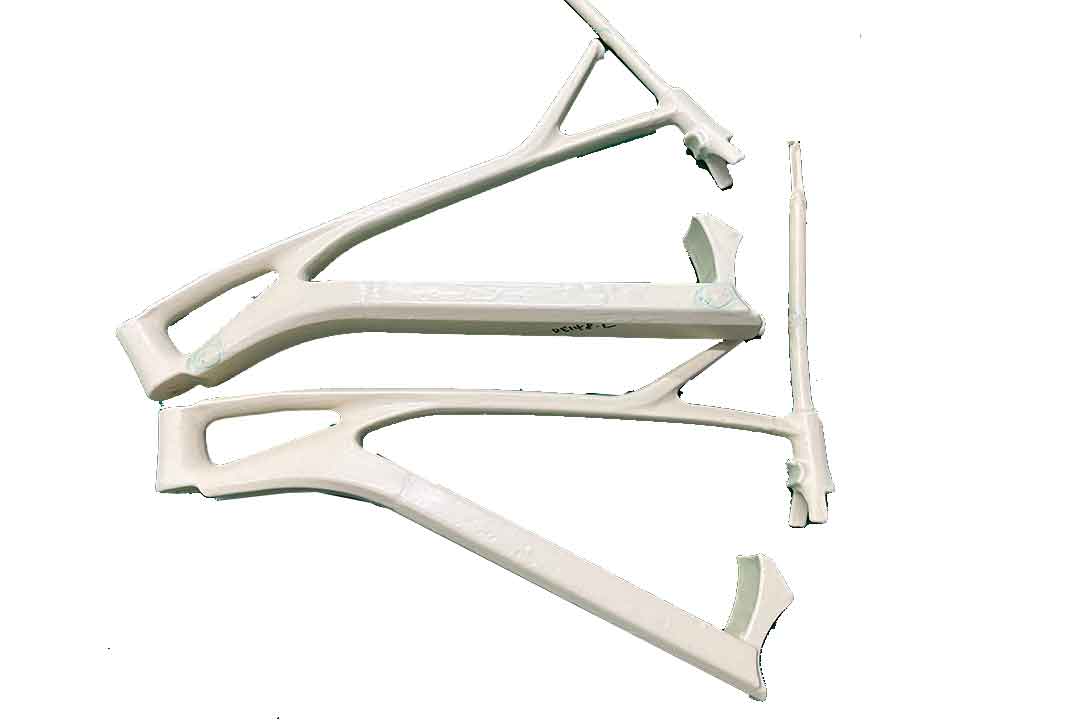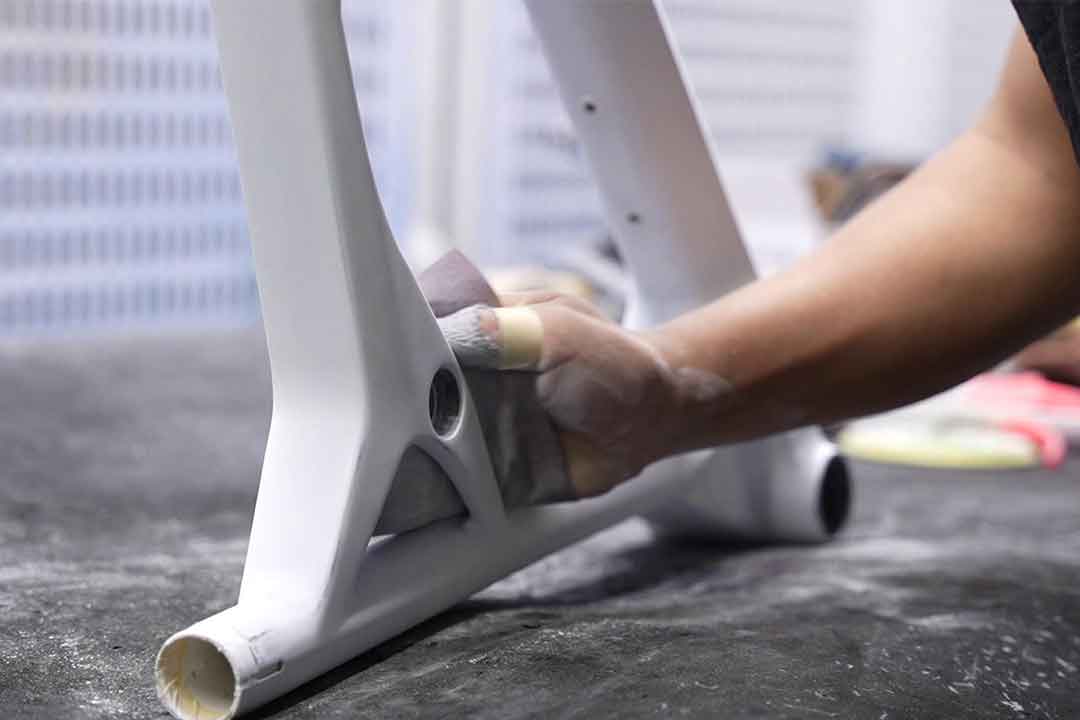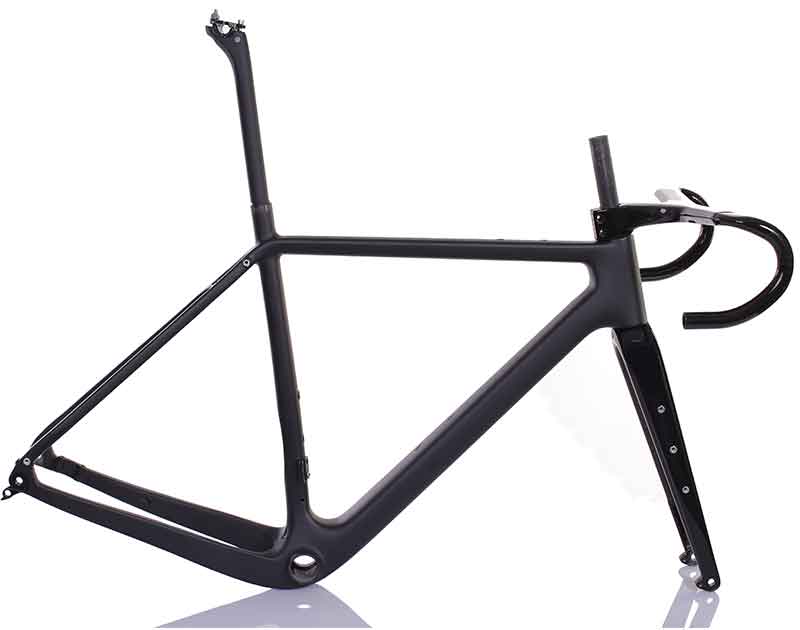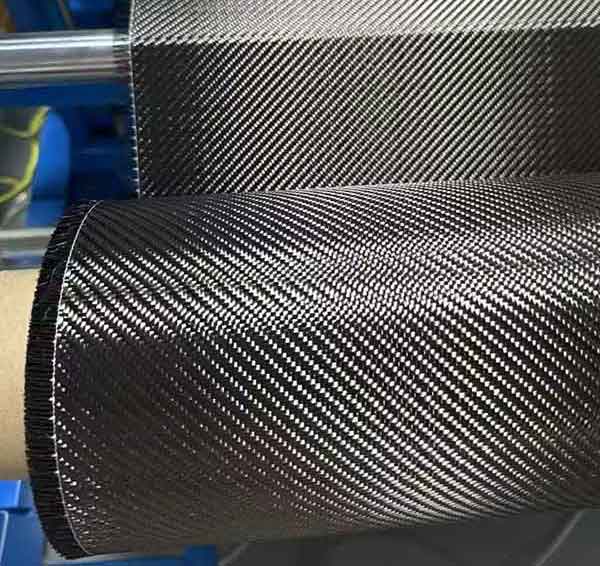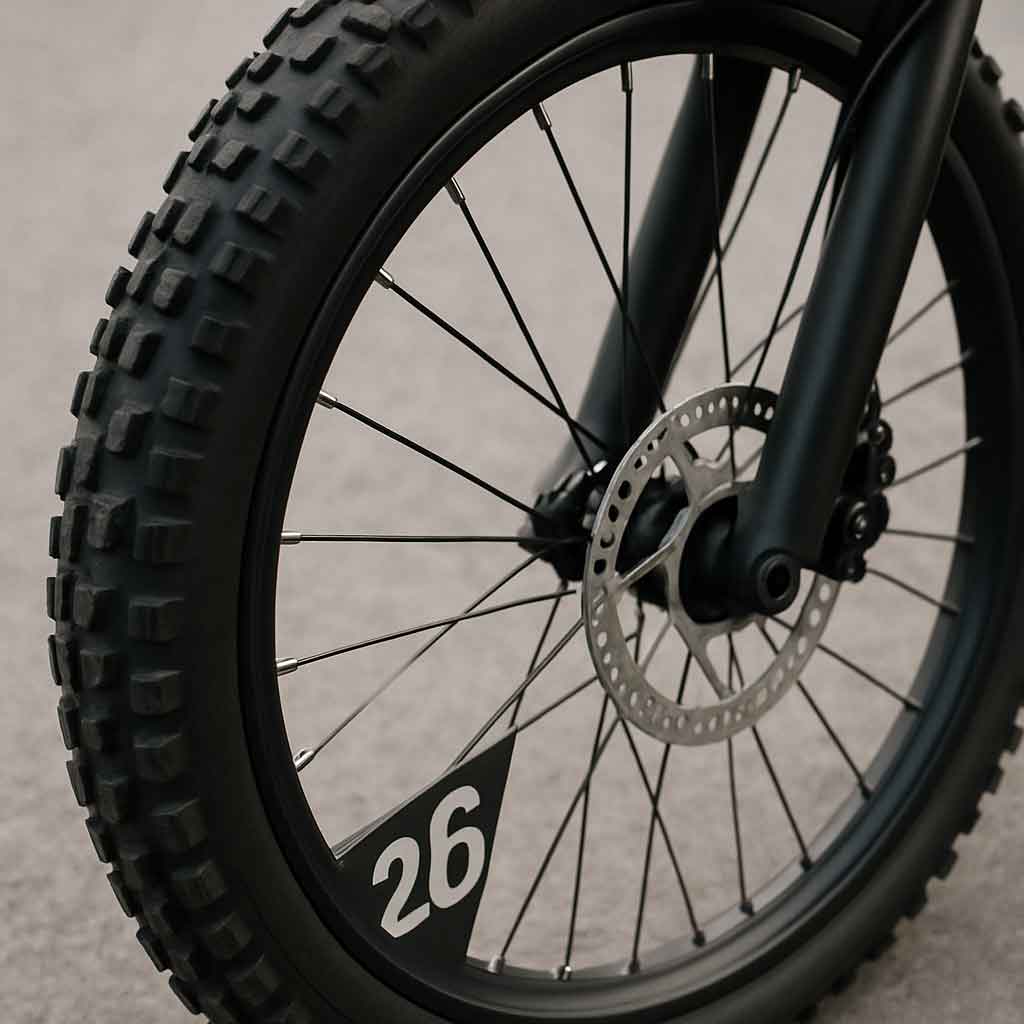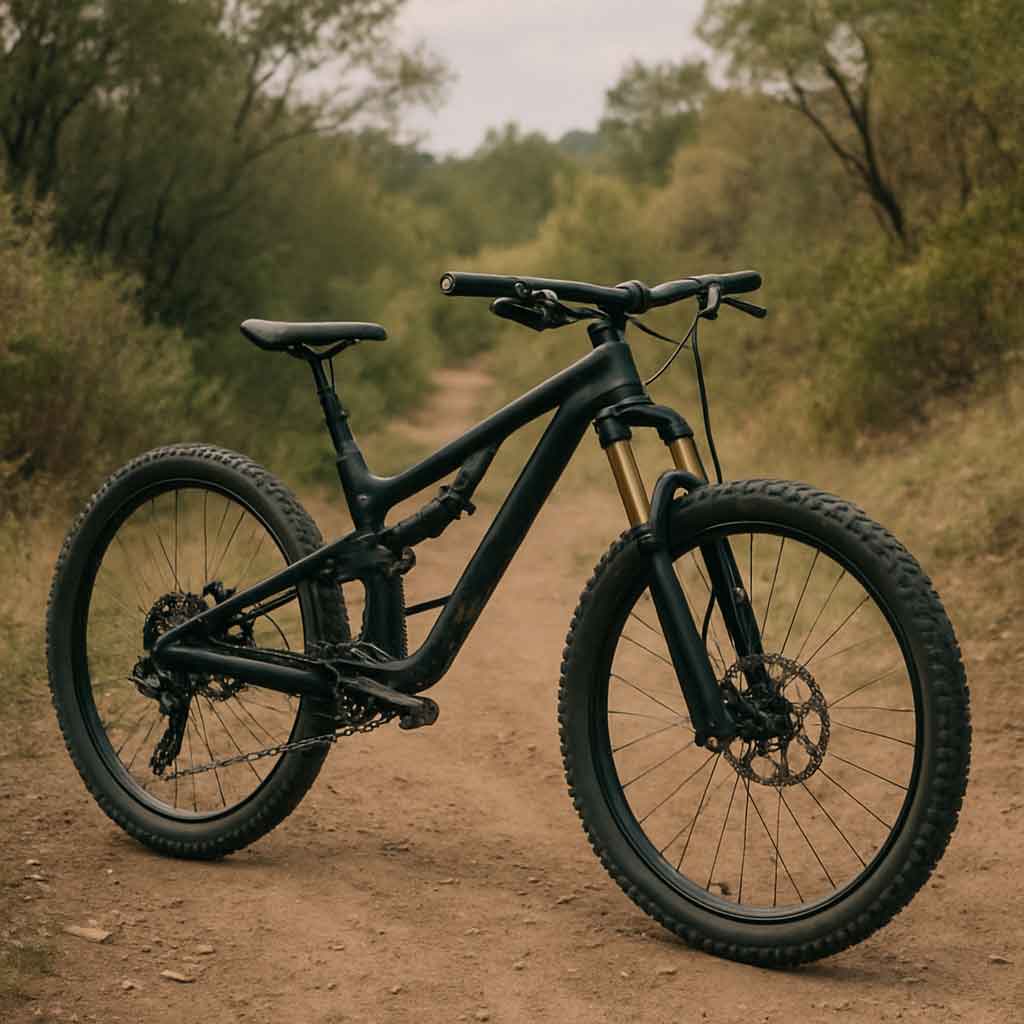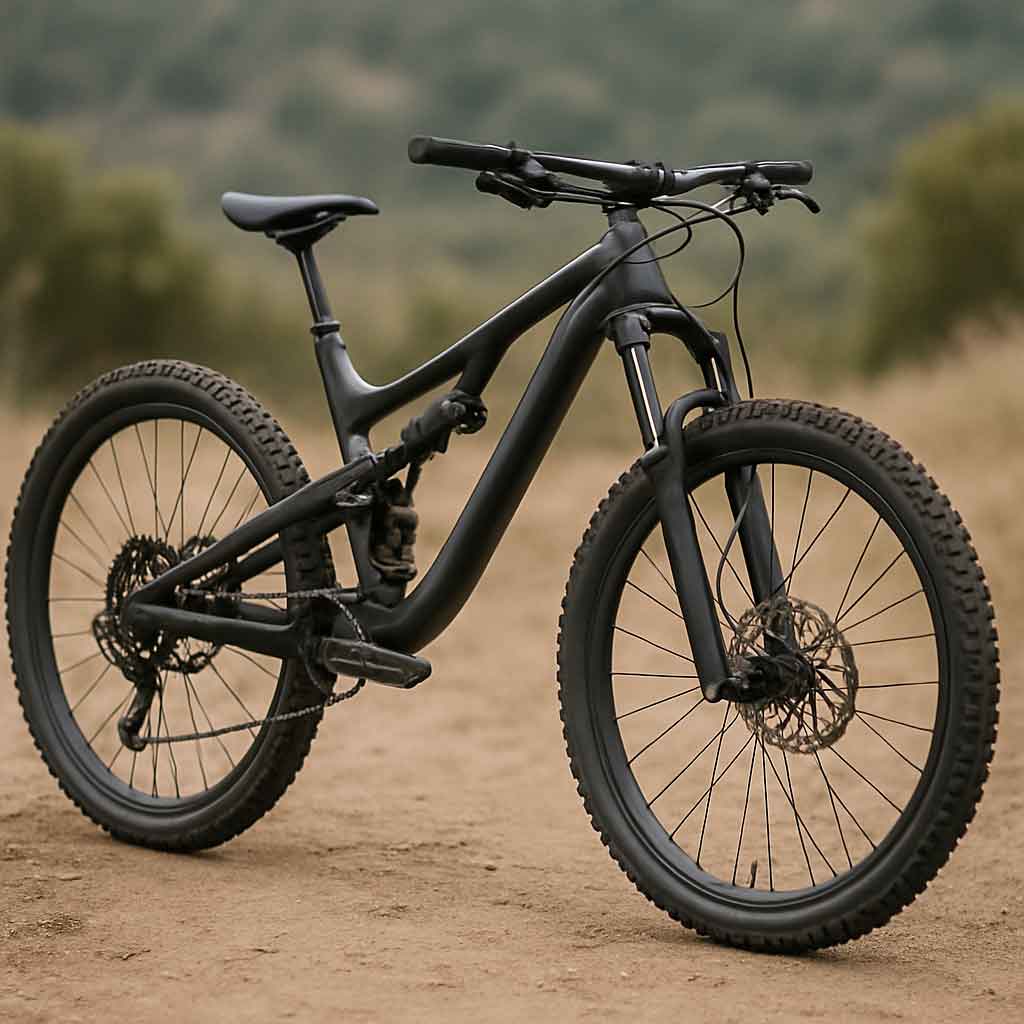Welcome to Mondince Bike - A well-known factory specialized in produce carbon bike frame and other parts since 2007.
The Future of Foldable Electric Bikes
In recent years, foldable electric bikes have surged in popularity. With advancements in technology and design, these bikes are becoming lighter, more efficient, and incredibly convenient for urban commuters and leisure riders alike. But what does the future hold for foldable electric bikes? Let's delve into the trends and innovations shaping the future of these compact, eco-friendly vehicles.
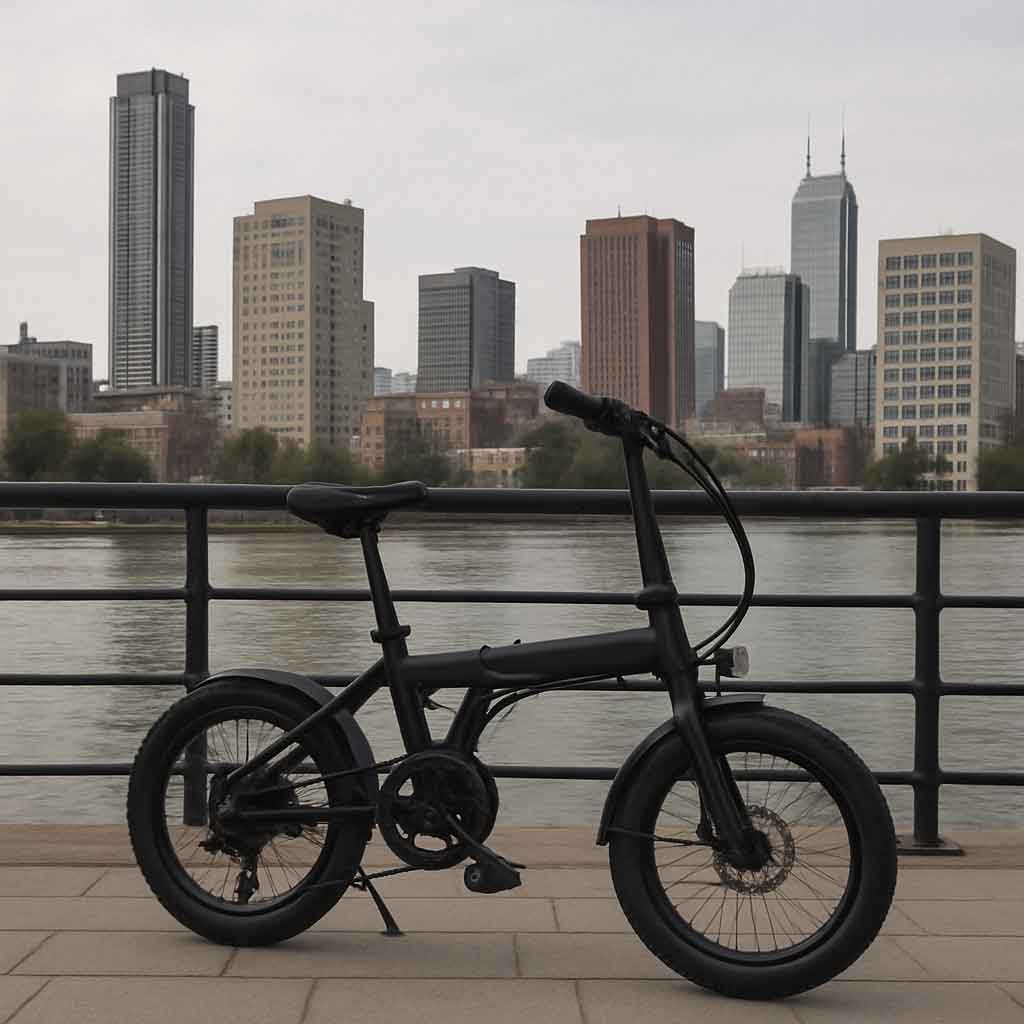
Foldable electric bikes, also known as folding e-bikes or collapsible electric bikes, have been transforming the way we think about personal transportation. Their compact size and portability make them ideal for city dwellers and those with limited storage space. By combining the convenience of a traditional folding bike with the power of an electric motor, they offer a unique solution for modern transportation challenges. The growing urbanization and increasing traffic congestion in cities worldwide have made these bikes an attractive alternative for short to medium commutes.
Moreover, the increased environmental consciousness among consumers has further accelerated the adoption of foldable electric bikes. People are increasingly seeking sustainable modes of transportation that align with their eco-friendly values. With more cities investing in cycling infrastructure, the appeal of foldable e-bikes is set to grow even further. These bikes not only provide a practical solution for daily commuting but also contribute to reducing the overall carbon footprint of urban transport.
Why Choose a Foldable Electric Bike?
- Portability: Foldable e-bikes can be easily carried onto public transport or stored in small apartments. This makes them especially appealing for city dwellers who may need to combine cycling with train or bus travel. The compact design allows for seamless storage under desks at work or in small closets at home, making them a versatile choice for those with limited space.
- Eco-friendly: They offer a sustainable alternative to cars and motorbikes, reducing carbon footprints. As more individuals aim to decrease their environmental impact, foldable electric bikes emerge as a viable option. By eliminating the need for fossil fuels and promoting greener commutes, these bikes play a significant role in fostering a sustainable urban environment.
- Cost-effective: With rising fuel prices, these bikes are a cost-effective way to commute. Not only do they save money on fuel, but they also reduce the need for expensive car maintenance and parking fees. Over time, the investment in a foldable e-bike can lead to substantial financial savings, particularly for those who commute daily.
- Health benefits: Riders can choose to pedal manually for exercise or use electric assistance when needed. This flexibility allows users to incorporate physical activity into their daily routine while having the option to rely on the motor for longer distances or challenging terrains. As a result, foldable e-bikes contribute to a healthier lifestyle, balancing convenience with fitness.
Innovations in Foldable Electric Bikes
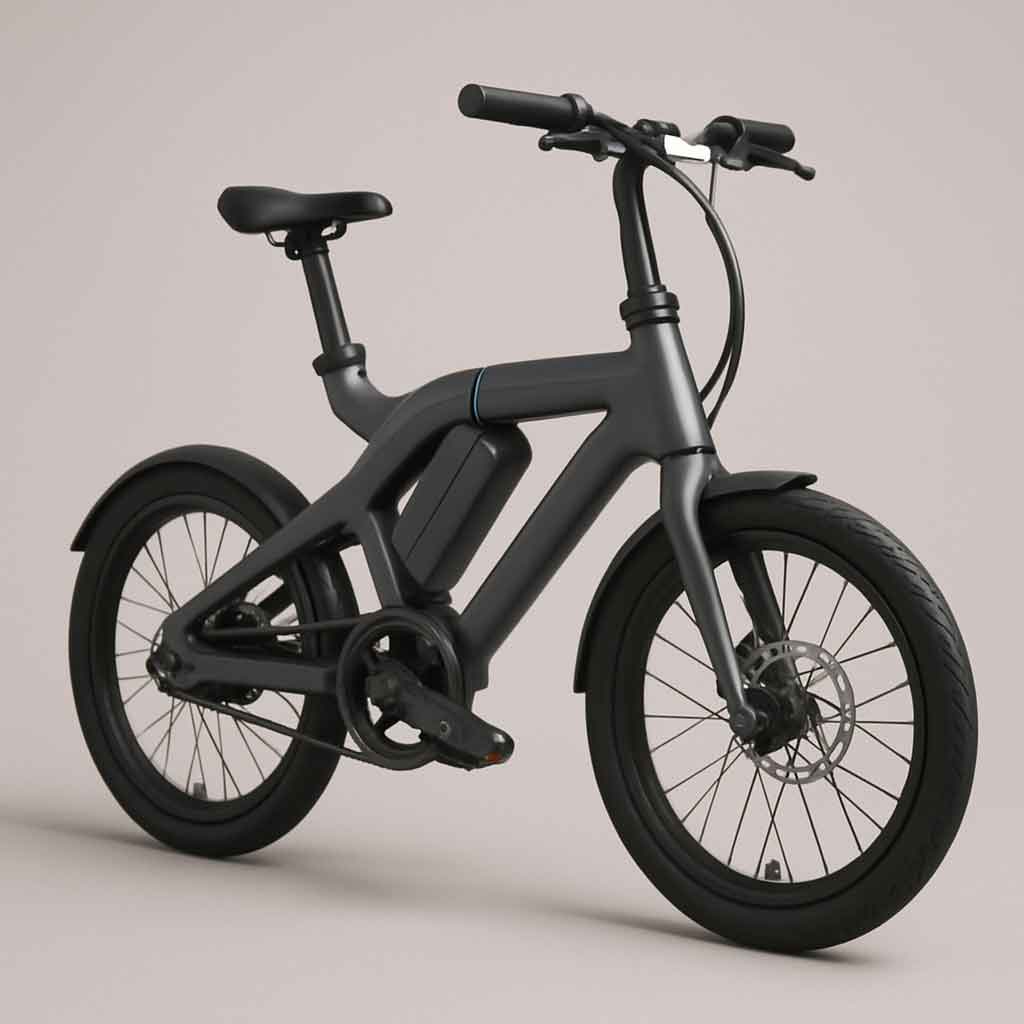
The future of foldable electric bikes is bright, with several exciting innovations on the horizon. Manufacturers are focusing on making these bikes lighter, faster, and more efficient. In this rapidly evolving landscape, technological advancements are set to redefine what foldable e-bikes can achieve, enhancing their appeal and functionality for a broader audience.
Lightweight Materials
One of the biggest challenges for folding e-bike designers is reducing weight without compromising strength. Advances in materials science have led to the development of lightweight frames made from carbon fiber and other composite materials. These innovations are paving the way for the lightest folding e-bikes yet, making them even more convenient for commuters. As these materials become more affordable, the accessibility and affordability of high-performance foldable e-bikes will improve.
Additionally, manufacturers are exploring the integration of other lightweight components, such as magnesium and aluminum alloys, to further reduce the weight of these bikes. These materials not only offer strength and durability but also contribute to the sleek and modern design of foldable electric bikes. As research and development continue, we can expect even more groundbreaking materials to enter the market, further enhancing the practicality and aesthetics of these bikes.
Enhanced Battery Technology
Battery life and efficiency are crucial for the performance of electric bikes. The latest models feature improved lithium-ion batteries that offer longer ranges and shorter charging times. As battery technology continues to advance, we can expect future folding e-bikes to travel further on a single charge, making them even more practical for daily use. The development of solid-state batteries and other innovations promises to revolutionize the energy storage capabilities of these bikes.
Manufacturers are also focusing on making batteries more compact and lightweight, which will further enhance the overall design and usability of foldable e-bikes. Quick-charging capabilities are being developed to minimize downtime and maximize riding time. As battery technology progresses, the convenience and efficiency of foldable electric bikes will only increase, making them a more attractive option for a wider range of consumers.
Smart Features
The integration of smart technology into foldable electric bikes is another exciting trend. From built-in GPS systems to smartphone connectivity, these features offer riders enhanced convenience and security. Future models may include advanced tracking systems, ride analytics, and even autonomous riding capabilities. These innovations will not only improve the user experience but also ensure a safer and more efficient ride.
Moreover, smart features can provide valuable data on riding habits, battery usage, and maintenance needs, allowing riders to optimize their bike's performance. As technology continues to advance, the potential for integrating artificial intelligence and machine learning into foldable e-bikes becomes increasingly feasible. This could lead to personalized riding experiences and predictive maintenance, further elevating the allure of these bikes for tech-savvy consumers.
The Best Foldable Electric Bikes on the Market
With so many options available, choosing the best foldable electric bike can be overwhelming. Here are some top contenders that stand out for their performance, design, and value. As the market continues to expand, new models are continually emerging, each offering unique features and benefits that cater to diverse consumer needs.
Small and Compact Options
- Small Electric Bike: Perfect for urban commuters, these bikes offer a compact design without sacrificing performance. Their nimble structure allows for easy navigation through crowded city streets and tight spaces. Despite their size, these bikes are equipped with powerful motors that provide a smooth and efficient ride.
- Mini Folding Electric Bike: These are ideal for those with limited storage space, offering portability and ease of use. Their lightweight design makes them easy to carry and store, whether at home or in the office. Mini folding e-bikes are an excellent choice for those who prioritize convenience and functionality in their daily commute.
Lightweight Champions
- Lightest Folding E-bike: Designed for easy carrying, these bikes are made with lightweight materials that don't compromise durability. They are perfect for individuals who need to carry their bikes up stairs or onto public transport frequently. The use of advanced materials ensures that these bikes remain robust and reliable despite their reduced weight.
- Lightweight Folding Electric Bike: Combining portability with power, these bikes are perfect for everyday commuters. They offer the ideal balance between weight and performance, making them suitable for a variety of terrains and distances. With their sleek design and efficient motors, lightweight folding electric bikes are a popular choice for those seeking versatility and style.
Performance Powerhouses
- Fastest Folding Electric Bike: If speed is a priority, these bikes offer powerful motors and efficient battery systems. They are designed to deliver high performance, making them suitable for longer commutes or those who simply enjoy the thrill of a fast ride. The combination of speed and portability makes these bikes a standout choice for adrenaline-seeking riders.
- Best Folding E-bike: Offering a balance of performance, design, and affordability, these bikes are a top choice for many riders. They are crafted to meet the diverse needs of consumers, providing reliable performance and sleek aesthetics at an accessible price point. As the foldable e-bike market continues to evolve, these models remain a testament to the potential of innovative design and engineering.
The Future of Urban Transportation
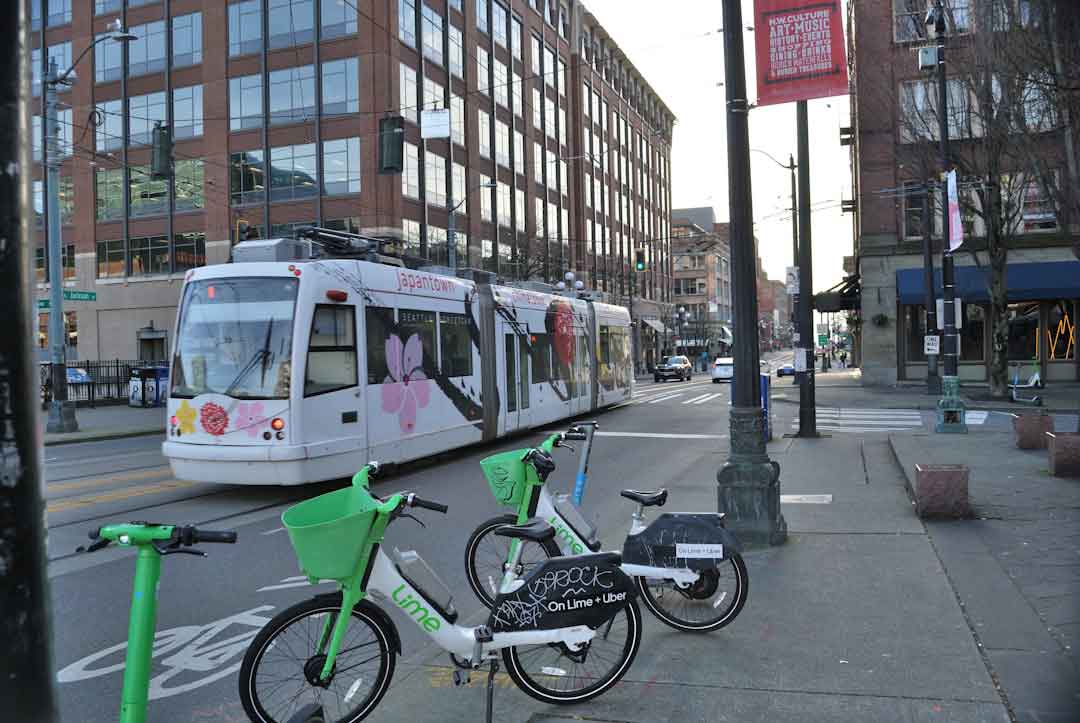
by Evan Aker (https://unsplash.com/@akertree11)
As cities become more congested and environmental concerns grow, foldable electric bikes are poised to play a significant role in the future of urban transportation. They offer a flexible, eco-friendly alternative to traditional vehicles and can help reduce traffic congestion and pollution. With the rise of smart cities and sustainable urban planning, foldable e-bikes are set to become an integral part of the urban mobility landscape.
Integration with Public Transport
One of the key benefits of foldable electric bikes is their ability to integrate seamlessly with public transport systems. Riders can easily carry their bikes onto buses, trains, and subways, making it easier to combine different modes of transport for a smoother commute. This integration offers a practical solution for last-mile connectivity, bridging the gap between public transport stops and final destinations.
Furthermore, the combination of foldable e-bikes and public transport supports the development of multimodal transportation networks. By encouraging the use of multiple modes of transport, cities can reduce reliance on cars and promote more sustainable commuting options. This shift not only benefits the environment but also enhances the efficiency and accessibility of urban transport systems.
Promoting Sustainable Living
Foldable e-bikes are also encouraging more sustainable living practices. By offering an alternative to car travel, they help reduce carbon emissions and promote a healthier lifestyle. As more people turn to these bikes for their daily commute, we can expect to see a positive impact on urban environments. The increased use of foldable e-bikes contributes to cleaner air, reduced noise pollution, and less crowded streets.
In addition to environmental benefits, foldable e-bikes also promote social sustainability by making transportation more inclusive. They offer a cost-effective and accessible option for individuals from diverse socioeconomic backgrounds, ensuring that sustainable mobility solutions are available to all. As cities continue to prioritize sustainability, foldable e-bikes will play a crucial role in achieving these goals.
The Role of Government and Policy
Government policies and incentives can play a crucial role in promoting the adoption of foldable electric bikes. By providing subsidies, tax breaks, and building bike-friendly infrastructure, governments can encourage more people to choose these eco-friendly transportation options. The implementation of supportive policies can accelerate the transition to sustainable urban mobility and enhance the appeal of foldable e-bikes.
Furthermore, governments can collaborate with manufacturers and stakeholders to develop regulations and standards that ensure the safety and quality of foldable electric bikes. By fostering innovation and investment in the industry, policymakers can drive the development of cutting-edge technologies and solutions. As governments worldwide embrace the potential of foldable e-bikes, they have the opportunity to transform urban transportation and create more sustainable cities.
Conclusion
The future of foldable electric bikes is promising, with advancements in technology and design making them more accessible and appealing to a wide range of riders. As cities continue to grapple with transportation challenges, these bikes offer a practical, sustainable solution that meets the needs of modern commuters. Whether you're looking for the lightest foldable electric bike or the fastest folding electric bike, there's a model out there that can enhance your riding experience and contribute to a greener planet.
As we look ahead, the continued evolution of foldable electric bikes will undoubtedly shape the future of urban transportation and sustainable living. The synergy between technological innovation, consumer demand, and supportive policies will drive the growth of this dynamic market. Foldable electric bikes are not just a trend; they represent a shift towards smarter, greener, and more efficient mobility solutions for the future.



